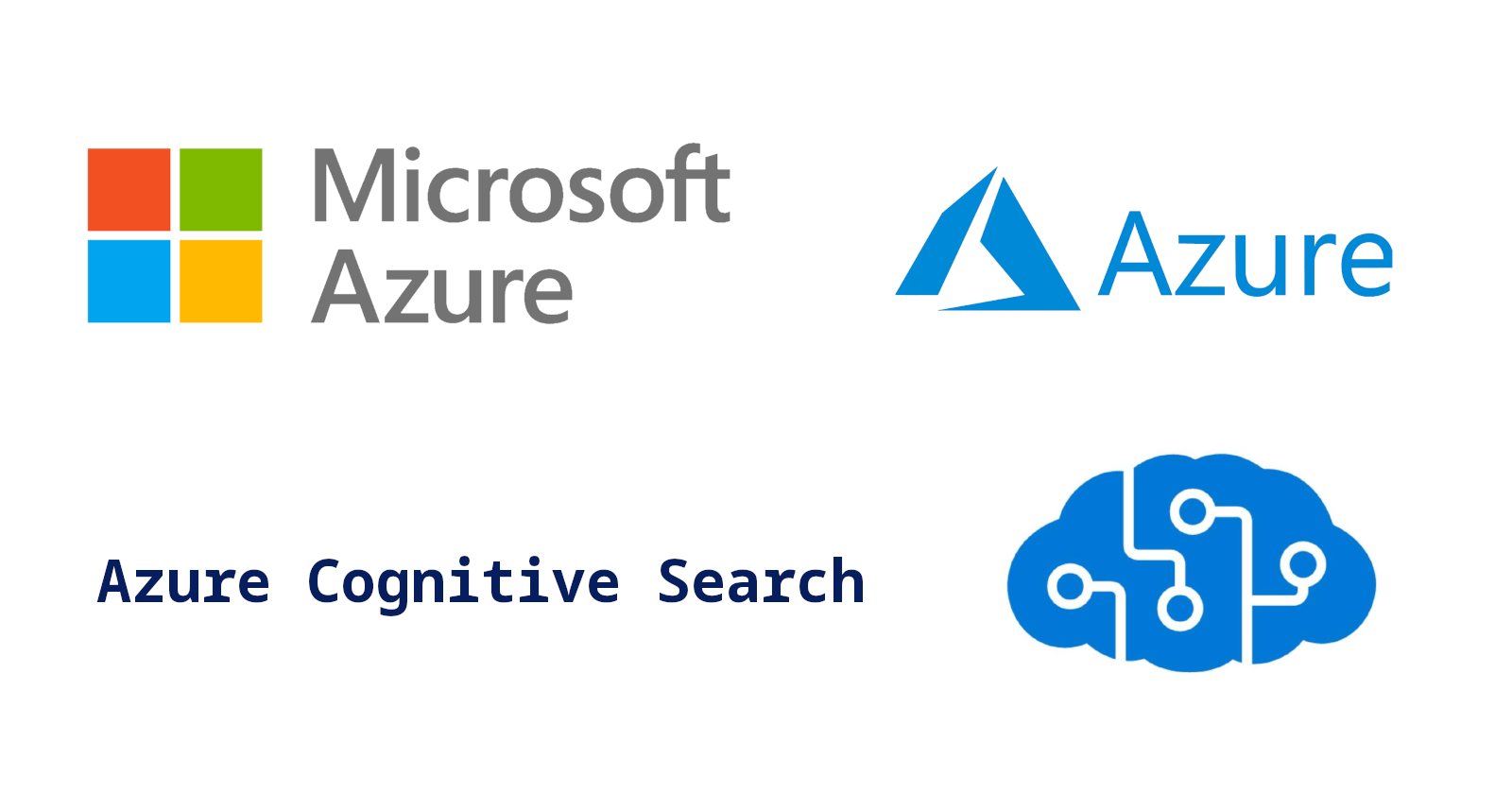What is Azure Cognitive Search?
 Nikhil Akki
Nikhil Akki
Azure Cognitive Search is a cloud-based search service provided by Microsoft Azure. It allows developers to easily integrate powerful search capabilities into their applications. Azure Cognitive Search enables full-text search, faceted navigation, filtering, and other advanced search features to provide relevant and personalized search results.
In simpler words
Imagine you have a large amount of information, like documents, images, or data, and you want to be able to search through it quickly and easily. That's where Azure Cognitive Search comes in.
Azure Cognitive Search is a service provided by Microsoft that helps developers create search functionality in their applications. It makes it possible to search through all that information and find what you're looking for efficiently.
Here's a basic explanation of how it works: First, you give Azure Cognitive Search your data, like documents or images. It organizes and indexes this data so that it can be searched through easily. Then, when someone wants to search for something, they type in their query, and Azure Cognitive Search looks through the indexed data to find the most relevant results. It can even understand things like synonyms and different languages to improve the search accuracy.
Features
Some key features of Azure Cognitive Search include:
Indexing: It allows you to ingest and index a wide variety of data sources, including structured, unstructured, and semi-structured data. This includes documents, images, blobs, tables, and more.
Search capabilities: Azure Cognitive Search provides powerful search capabilities, including full-text search, fuzzy matching, faceted navigation, filtering, and sorting. It supports advanced search features like language analyzers, stemming, synonyms, and Geo-spatial search.
Scalability and Performance: It can handle large-scale search workloads and provides horizontal scalability to handle increased search demands. It offers high throughput and low-latency search responses.
AI Integration: Azure Cognitive Search can be integrated with other Azure services like Azure Machine Learning, enabling you to apply AI algorithms and extract insights from your data during the search process.
What are some alternatives?
Elasticsearch: It is an open-source search and analytics engine based on the Lucene library. Elasticsearch provides a distributed, scalable, and real-time search platform with a rich set of features and a large community.
Apache Solr: Solr is an open-source search platform built on Apache Lucene. It provides advanced search capabilities, including full-text search, faceted navigation, and distributed indexing and querying.
Amazon CloudSearch: It is a fully managed search service provided by Amazon Web Services (AWS). CloudSearch offers scalable search capabilities, automatic scaling, and easy integration with other AWS services.
Algolia: is a hosted search API that provides a developer-friendly search solution with features like typo-tolerance, faceted navigation, and real-time indexing. It offers fast and relevant search results and easy integration options.
Where can we use it?
Azure Cognitive Search can be used in various applications and industries. Some use cases include:
E-commerce: Enabling customers to search and discover products efficiently with features like faceted navigation, filtering, and personalized recommendations.
Content Management Systems: Providing robust search capabilities for document repositories, knowledge bases, and media libraries to quickly find relevant information.
Customer Support: Empowering support teams with powerful search to access knowledge bases, FAQs, and support documentation to provide quick and accurate responses to customer inquiries.
Data Exploration: Allowing users to search and analyze large datasets, logs, and metrics to uncover insights and patterns.
Business Intelligence: Enabling search-driven analytics by allowing users to explore and query business data to gain valuable insights.
Healthcare: Facilitating medical record search, patient data analysis, and clinical trial exploration to support healthcare research and decision-making.
Legal and Compliance: Assisting in e-discovery, contract analysis, and compliance monitoring by providing efficient search and retrieval of legal documents.
Media and Entertainment: Enabling content discovery, search, and recommendation engines for media platforms and streaming services.
Recruitment and Talent Management: Facilitating candidate search and matching for job portals and HR systems, streamlining the recruitment process.
Take-away
These are just a few examples, and there are several other search solutions available in the market, each with its own set of features and strengths. The choice of an alternative depends on your specific requirements, budget, and preferences.
Subscribe to my newsletter
Read articles from Nikhil Akki directly inside your inbox. Subscribe to the newsletter, and don't miss out.
Written by

Nikhil Akki
Nikhil Akki
I am a Full Stack Solution Architect at Deloitte LLP. I help build production grade web applications on major public clouds - AWS, GCP and Azure.